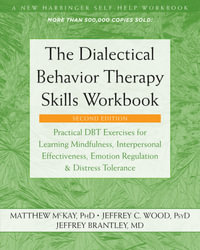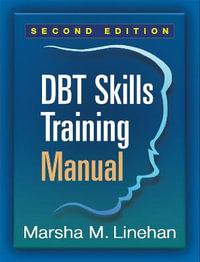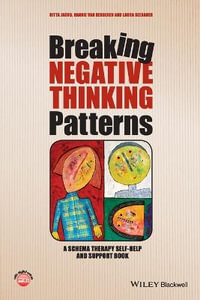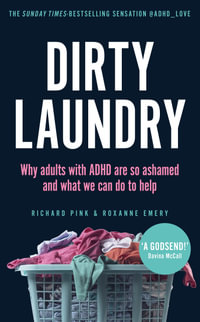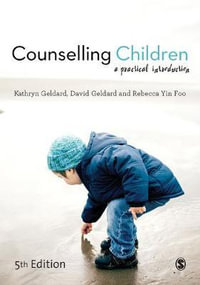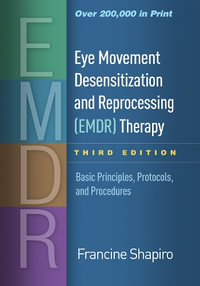As the goal of pediatric behavioral health intervention expands from simple symptom reduction to also include improvement in daily functioning, it is important to have reliable, valid, and empirical measures of functional impairment that are convenient for clinical administration and that assess multiple domains of a child's daily life. The BFIS-CA is just such a measure. Applicable to both clinical or research situations, the BFIS-CA is also an important resource for social work, psychology, pediatric, and psychiatry trainees learning how to measure functional impairment in referred children and adolescents.--Daniel F. Connor, MD, Lockean Distinguished Professor in Mental Health Education, Research, and Clinical Improvement, and Chief, Division of Child and Adolescent Psychiatry, University of Connecticut School of Medicine
Because there have been so few data available on impairment in most childhood disorders, this work bridges a major gap in the literature. It is a meticulous and carefully crafted scale and manual that will be of enormous use for all practitioners responsible for assessing childhood and adolescent disorders, including ADHD. The psychometric data are especially compelling; information on reliability and validity will provide diagnosticians a great deal of comfort in ensuring that the instrument is psychometrically sound.--Ronald T. Brown, PhD, ABPP, Senior Vice-President of Academic Affairs and Provost, Wayne State University
There has long been a need for an empirically based measure of functional impairment that has proven reliability and validity and is based on a large normative sample. The BFIS-CA, developed out of Barkley's work in the area of mental disorders for over 30 years, finally fills that need. The BFIS-CA is accessible and easy to use. This is an outstanding contribution to the field--and more specifically, to children who are struggling and their service providers.--Karen R. Harris, EdD, Currey Ingram Professor of Special Education and Literacy, Peabody College, Vanderbilt University
Assessing impairment is a critical task for clinicians working with children and adolescents. The BFIS-CA is a terrific addition to existing measures for evaluating impaired functioning. Clear advantages of this rating scale include the provision of national norms and usefulness across child and adolescent samples. Impairment spans clinical diagnoses; the BFIS-CA also includes normative information for specific child/adolescent disorders, which is a real plus. The BFIS-CA is easy to administer, score, and interpret, which should allow it to be efficiently integrated into existing assessment batteries.--Gregory A. Fabiano, PhD, Department of Counseling, School, and Educational Psychology, University at Buffalo, State University of New York
The BFIS-CA represents a significant and practical advancement in the psychosocial assessment of children and adolescents. Previously available measures have been limited by the absence of normative information and narrower coverage of psychological domains. The BFIS-CA is a psychometrically sound measure that assesses 15 domains of life activities and yields distinct scoring profiles for males and females aged 6-11 or 12-17. The follow-up interview form provides in-depth information on domains rated as impaired. Practitioners and researchers alike will appreciate the savings in time and money associated with the unique photocopy license.--J. Ron Nelson, PhD, Department of Special Education and Communication Disorders, University of Nebraska-Lincoln-








